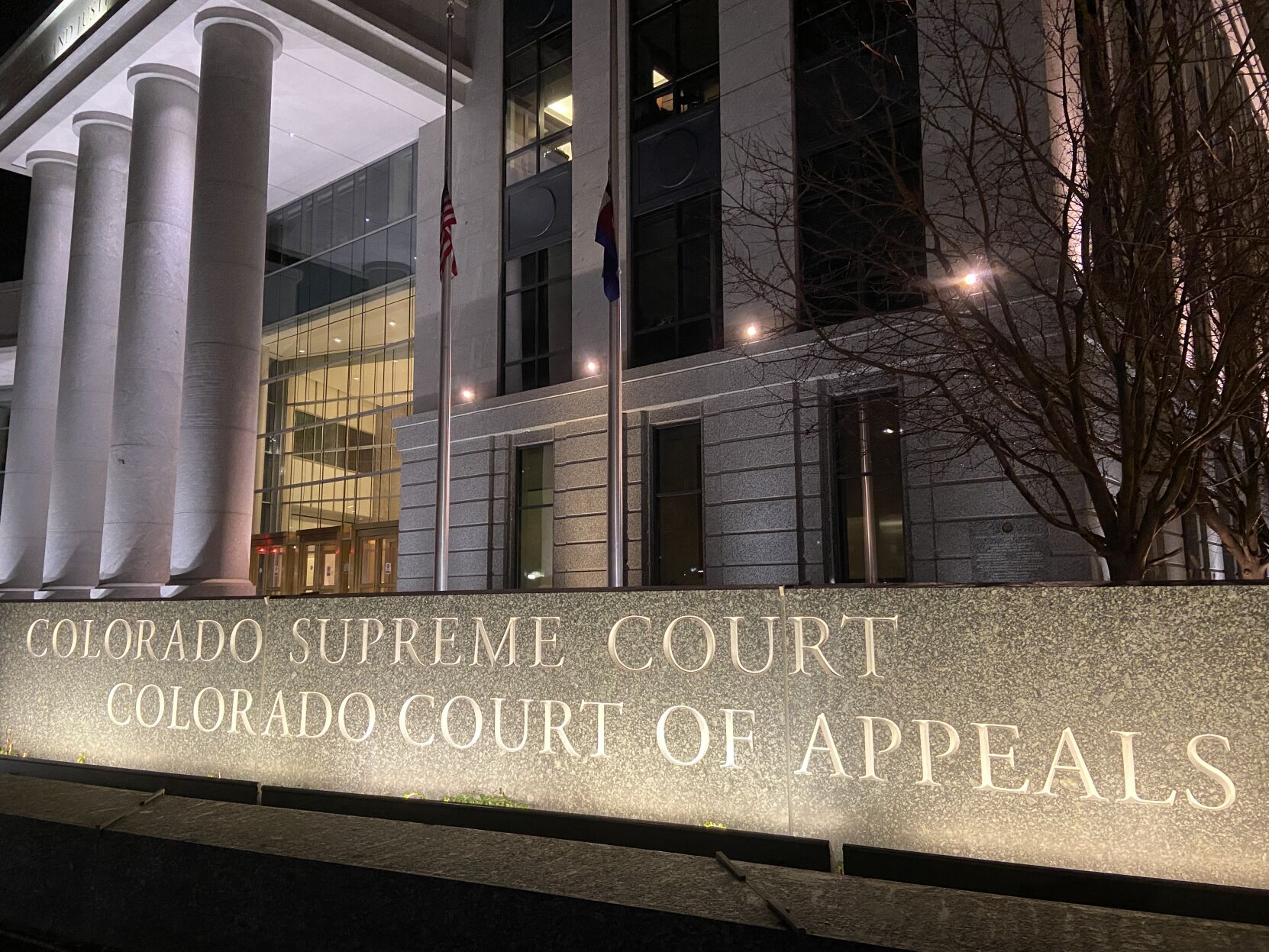Jeffco prosecutor crossed line, appeals court finds in reversing sex abuse conviction

A Jefferson County prosecutor, speaking to the jury, improperly and repeatedly used a defendant’s silence in a police-recorded phone call against him, the Court of Appeals decided last week in ordering a new trial.
Although the Fifth Amendment prohibits prosecutors from drawing conclusions about a defendant’s guilt if he exercises his right to remain silent, a panel for the state’s second-highest court noted that the Colorado Supreme Court has not decided to date that the constitutional right applies before an arrest. As a result, the three-judge panel declined to label the commentary about the phone call a constitutional violation, and instead simply found it violated the rules of evidence.
A jury convicted Angel Antonio Romero in 2017 on four counts of sexual assault on a child by a person in a position of trust. A girl who had been living with Romero and his wife told her youth pastor, her boyfriend and her school counselor that Romero had sexually abused her for years. Eventually, social services removed her from the home.
When police became involved, a Westminster detective set up a phone call between Romero and his accuser to discuss the allegations. Known as a pretext call, law enforcement sometimes uses the technique to solicit incriminating statements from a suspected perpetrator.
On the call, Romero declined to talk about specific allegations. He mentioned he did not feel comfortable, did not want to “implicate” himself and could not “legally talk to” her.
“He says, ‘I don’t know who you’re with right now. I don’t know if this call is being recorded. I don’t know who you’re sitting with. And you could be with the police right now,'” Julia Chamberlin, Romero’s public defender, told the Court of Appeals. “In fact, all three of those came true.”
Over Romero’s objection, District Court Judge Tamara S. Russell allowed the call into evidence at trial. The prosecutor repeatedly referenced to the jury Romero’s refusal to answer to the allegations on the call.
“In this case, pay attention to what the defendant said and to what the defendant didn’t say. He said I’m not implicating myself six times on that phone call with [the victim] when she asked for an apology. He said, I’m not implicating myself. He didn’t say, ‘For what … what are you talking about, an apology for what?'” the unnamed prosecutor told jurors.
She also claimed that if Romero had actually responded on the call, he “would be admitting to over six years of repeated sexual abuse.”
Finally, she reiterated a question the girl asked on the call about why Romero had allegedly taken advantage of her, as well as Romero’s response of “I’m not answering questions of that nature.”
“The common sense response is, ‘I didn’t,’ if he didn’t. But he did,” the prosecutor said.
Chamberlin told the appellate panel there were a number of reasons why Romero might want to remain silent other than his potential guilt. He wondered who else was listening. He had already hired an attorney. There was a related child welfare case happening around the same time.
“There could have been some rule against him speaking with her because of the civil case,” said Chamberlin.
Judge Sueanna P. Johnson, writing for the appellate panel, agreed the prosecutor was equating silence with guilt. The use of Romero’s non-responses at trial ran the risk of misleading or prejudicing the jury against him, she explained, when Romero may have had reasons for refusing to answer unrelated to guilt.
“While Romero’s theory was that [the victim] fabricated the allegations against him, it is pure speculation to claim that, if Romero were innocent of the charges, he would have apologized … or pushed back against her accusations by claiming the allegations were false instead of remaining silent,” Johnson wrote in the Dec. 9 opinion.
She added that the state Supreme Court had appeared to foreclose a finding that Romero had any Fifth Amendment privilege against self-incrimination prior to his arrest. In Coke v. People, which the Supreme Court issued weeks before Romero’s case was heard at the Court of Appeals, the justices held simply that “no custody means no privilege.”
Instead, the panel looked to a 2003 decision from the high court that found testimony about the defendant’s pre-arrest silence had violated the rules of evidence.
“The danger is that the jury is likely to assign much more weight to the defendant’s previous silence than is warranted,” the court said at the time, also acknowledging the non-guilt-related reasons a person might have for not responding to questions.
The panel reversed Romero’s convictions and ordered a new trial. The judges also barred Romero from introducing evidence to show the alleged victim concocted a false story to her boyfriend about being pregnant.
The government had argued such evidence ran afoul of the rape shield law that generally prohibits unrelated information about a sex assault victim’s sexual history from being introduced. Romero countered the purpose was instead to illustrate the victim was a liar.
Looking past the rape shield law, the panel instead decided that such evidence would require too much testimony unrelated to Romero’s case.
The case is People v. Romero.

michael.karlik@coloradopolitics.com













